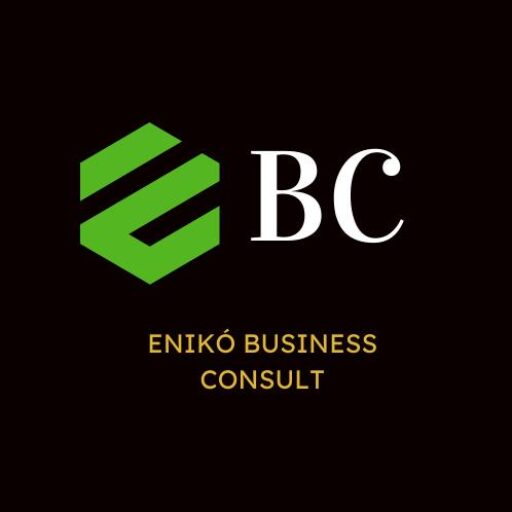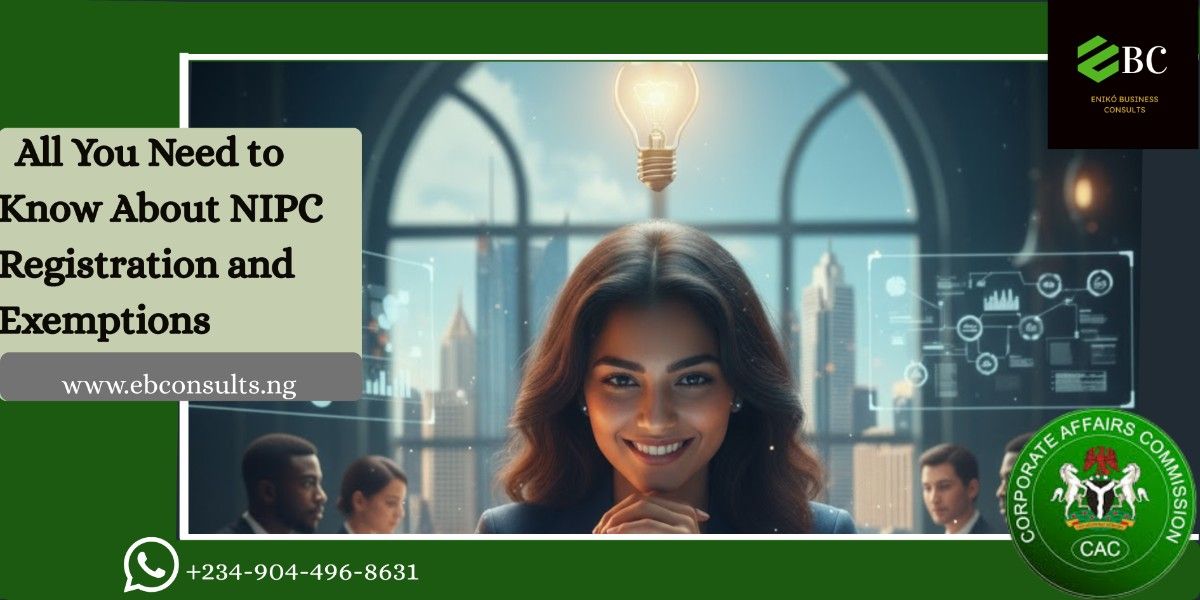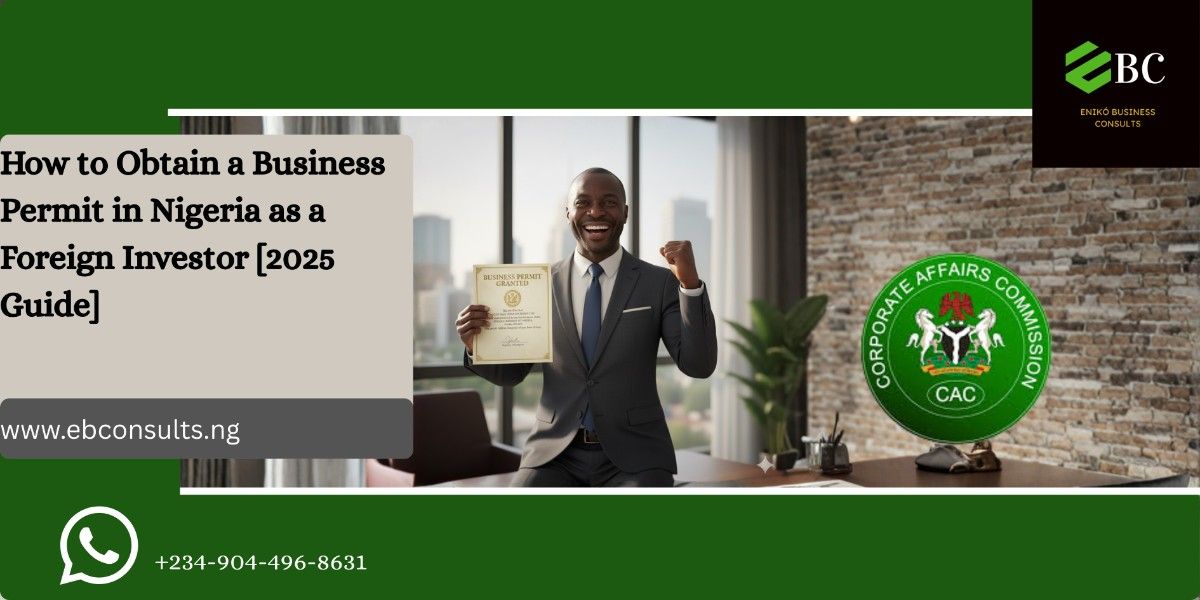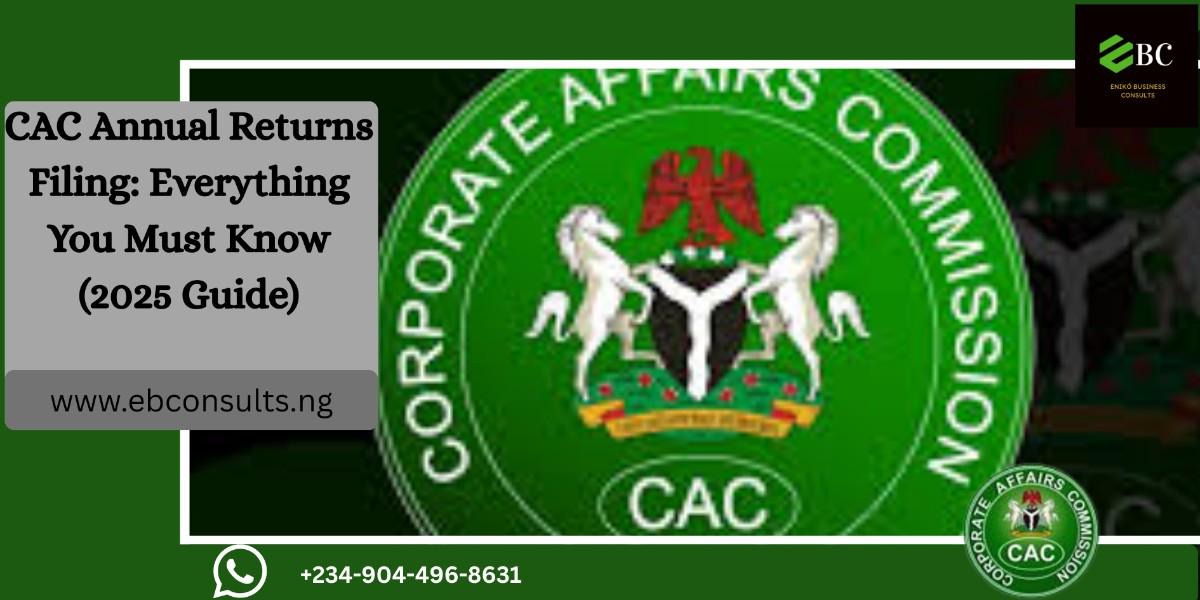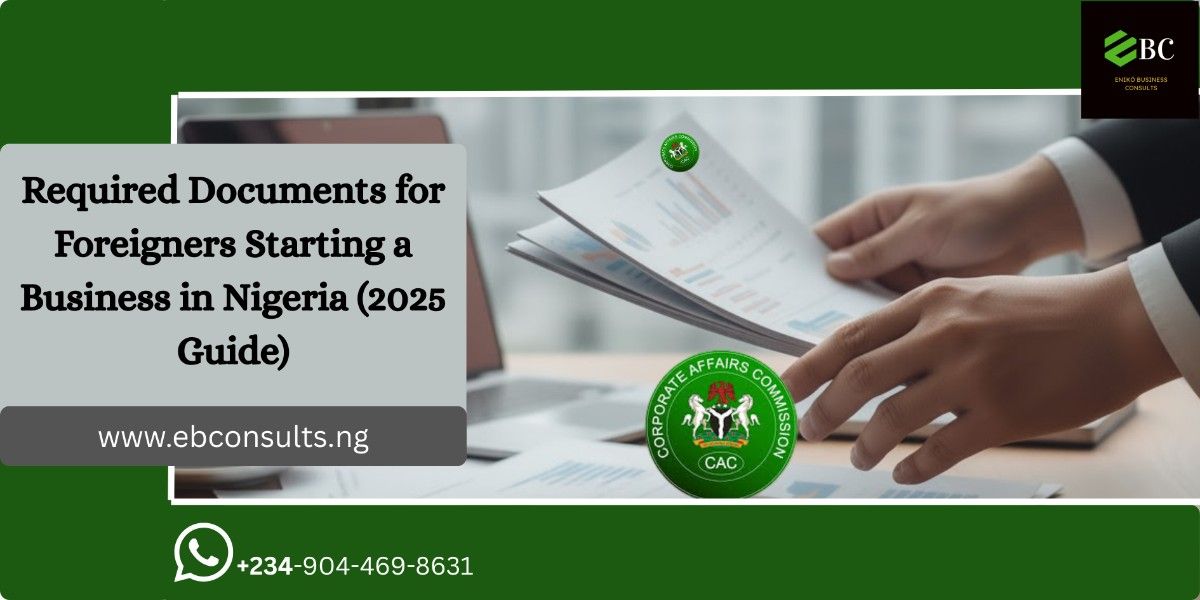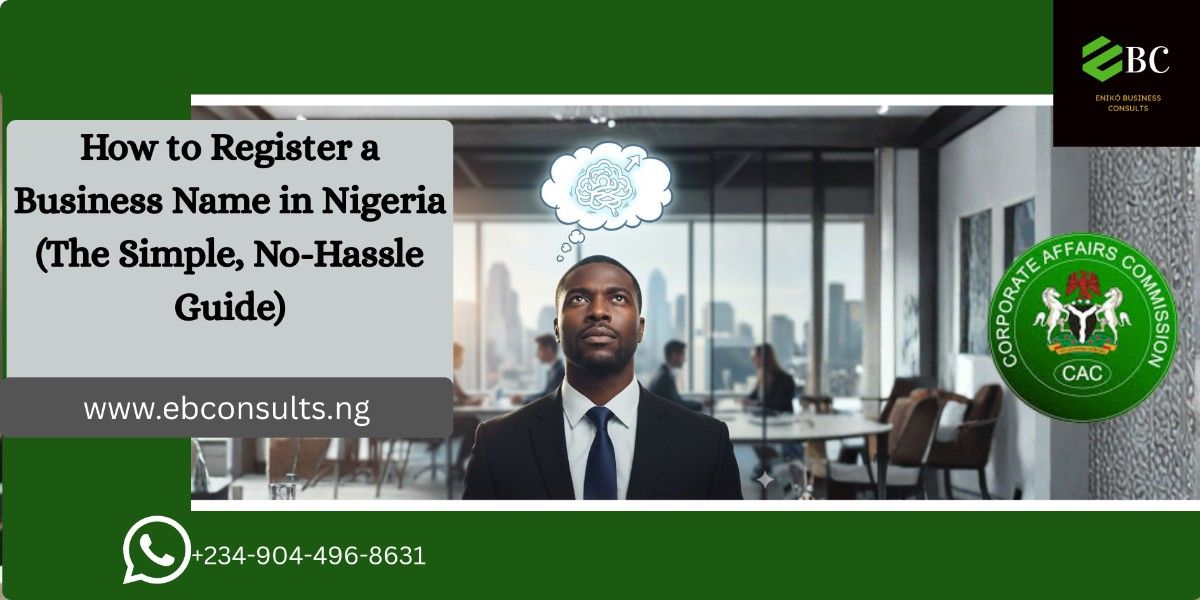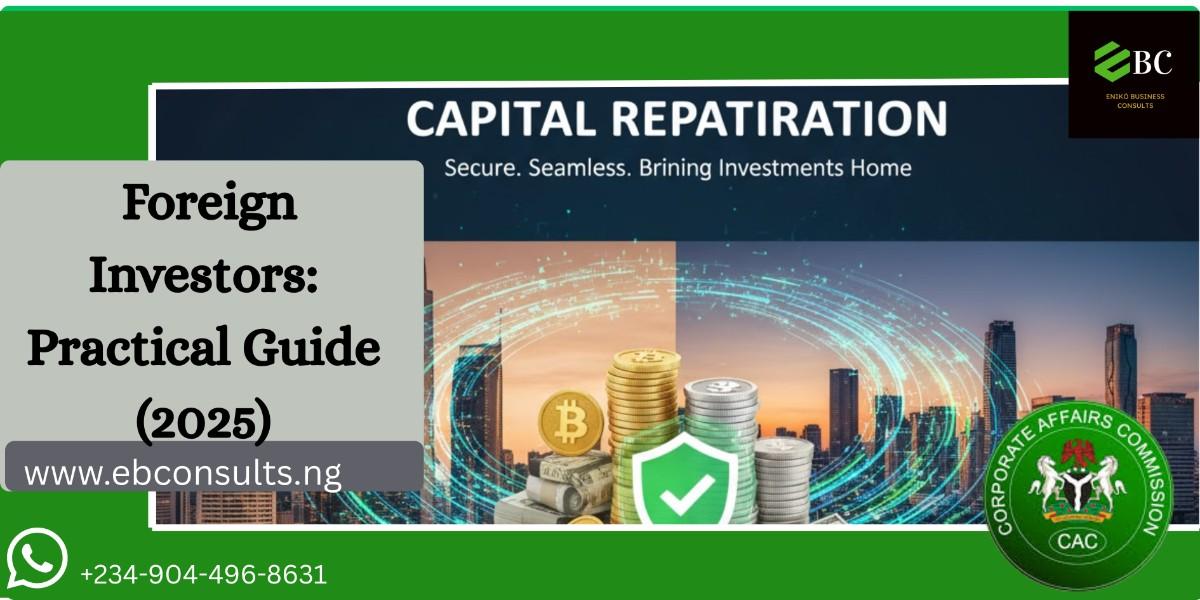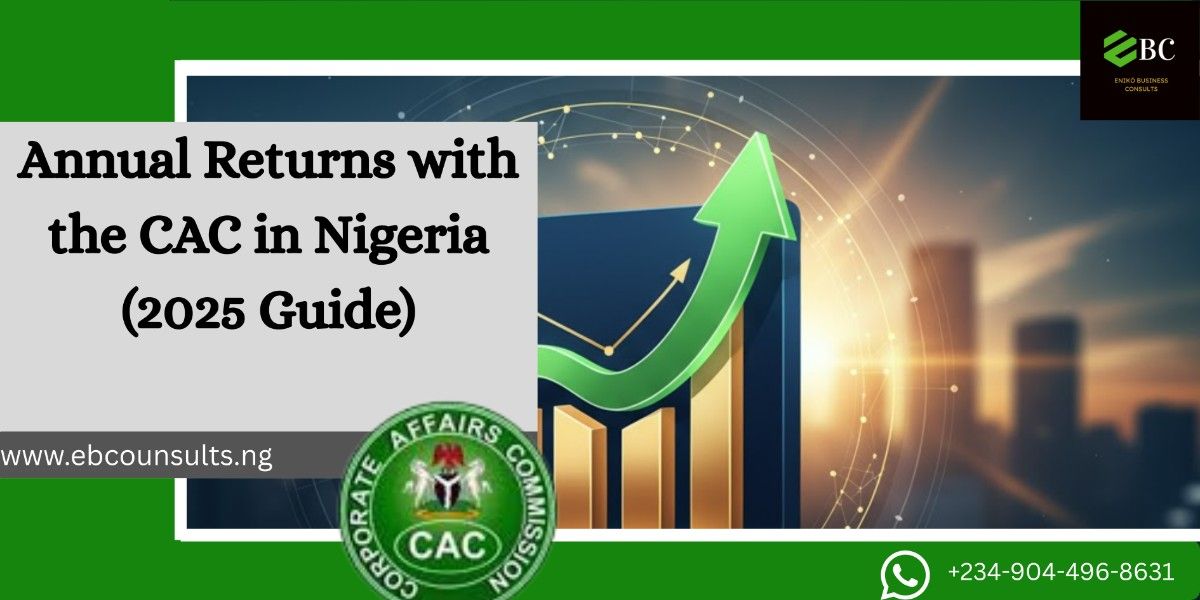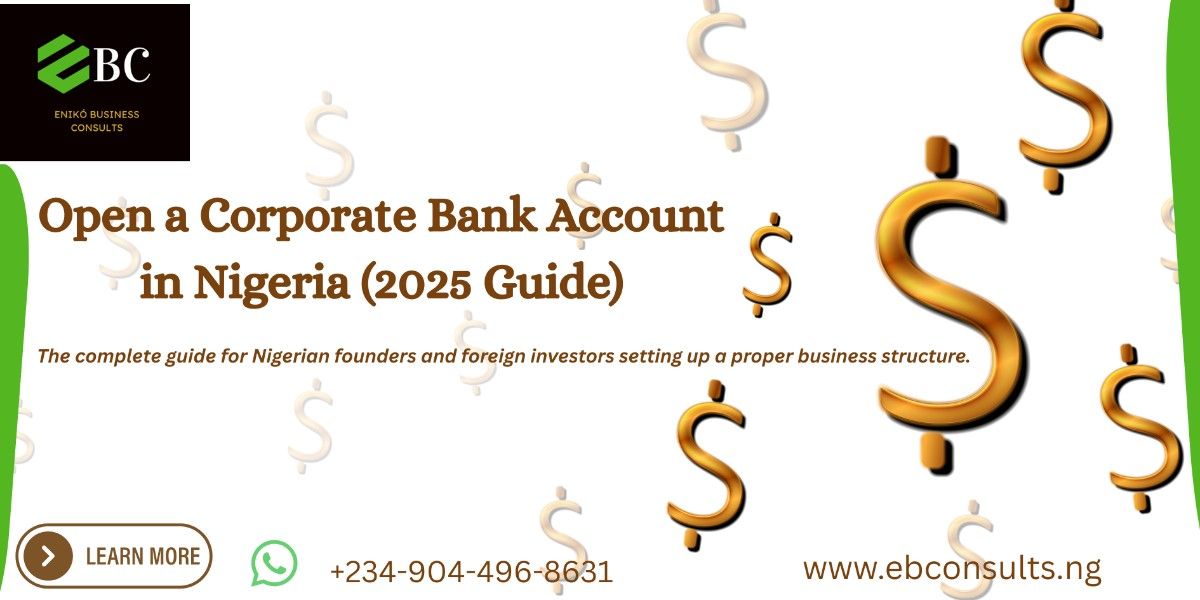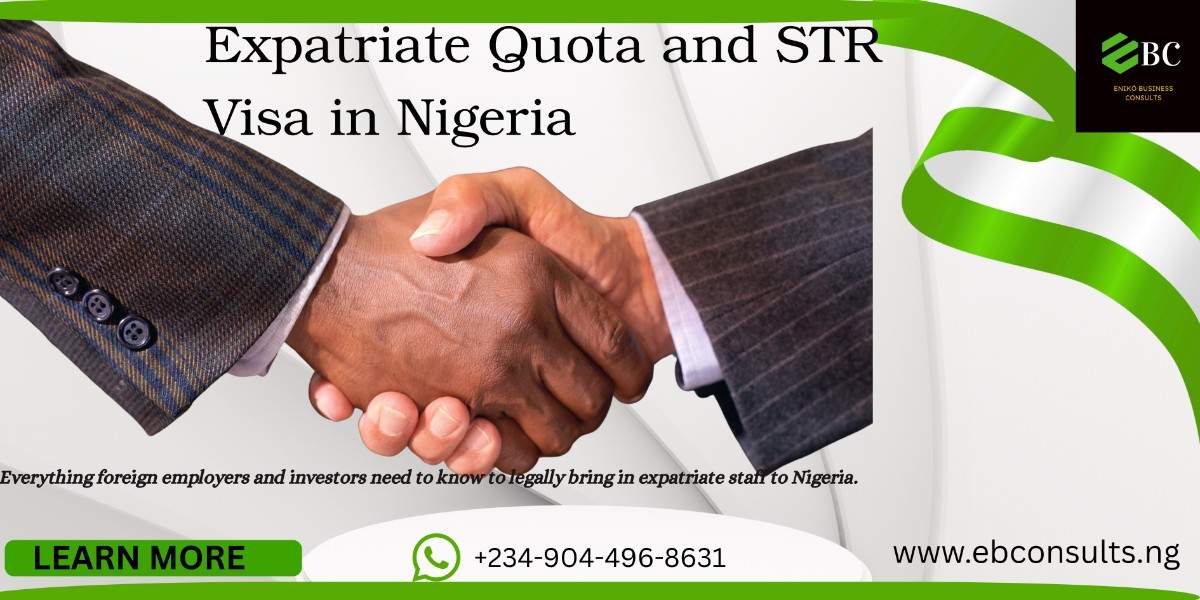
📌 Introduction: Starting a Business? First, Pick the Right Structure
Before you start that exciting new venture in Nigeria, there’s one big question you need to answer: What type of business structure fits your goals, team, and risk appetite?
Nigeria offers several legally recognized business structures under the Corporate Affairs Commission (CAC), and each one has its perks, paperwork, and purpose. Whether you’re flying solo or building an empire, this guide will help you figure out the best legal structure for your Nigerian business.
🧱 Overview of Recognized Business Structures in Nigeria
Here’s a bird’s-eye view of your options:
| Business Structure | Best For | Legal Personality | Liability |
| Business Name (Enterprise) | Sole entrepreneurs & small partnerships | No | Unlimited liability |
| Limited Liability Company (LLC) | Startups, SMEs, investors | Yes | Limited to share capital |
| Incorporated Trustees (NGO) | Non-profits, religious & social orgs | Yes | Limited |
| Public Limited Company (PLC) | Large corporations, stock exchange entry | Yes | Limited to share capital |
| Company Limited by Guarantee | Non-profits with large funding or grants | Yes | Limited |
🧍 Business Name (aka Enterprise or Sole Proprietorship)
(When You’re Riding Solo)
✅ Pros:
- Cheapest and easiest to register
- Fewer compliance requirements
- Perfect for freelancers, artisans, and family businesses
❌ Cons:
- No separate legal identity from the owner
- You bear all the risks (unlimited liability)
- Limited growth and investment opportunities
💼 Registration Requirements:
- Business name
- Two name options
- Owner’s valid ID and passport photo
- Local Nigerian address
👥 Limited Liability Company (Private)
(The Popular Middle Ground)
This is Nigeria’s most common business structure for both locals and foreigners.
✅ Pros:
- Separate legal personality (your business is its own person!)
- Limited liability for shareholders
- Good for scaling, attracting investors
❌ Cons:
- More paperwork and cost than a business name
- Must file annual returns and maintain accounting records
🧾 CAC Requirements:
- Minimum of 1 director and 1 shareholder (can be same person)
- Minimum share capital: ₦100,000 (or ₦100m for foreigners)
- Registered office address
- Memorandum & Articles of Association (MEMART)
🏢 Public Limited Company (PLC)
(For When You’re Going Big League)
Perfect for companies looking to list on the Nigerian Stock Exchange or raise funds publicly.
✅ Pros:
- Can raise capital from the public
- Enhanced credibility
- Suitable for large corporations
❌ Cons:
- Strict corporate governance standards
- Must have at least 2 shareholders and 3 directors
- Higher registration and compliance costs
🔐 CAC Requirements:
- At least ₦500,000 share capital
- Company Secretary is mandatory
- Audited annual financial statements
🤝 Company Limited by Guarantee (CLG)
(For Charities with Big Backers)
Used mainly by non-profits that want a formal structure without shareholders.
✅ Pros:
- No share capital required
- Best for schools, foundations, clubs
❌ Cons:
- Needs Attorney General’s consent
- Long registration timeline (can take 4–8 weeks)
🧑🤝🧑 Incorporated Trustees (NGOs)
(For Churches, Mosques, Foundations, and Associations)
✅ Pros:
- Legal recognition for your group
- Can own property, sue, and be sued
- Exempt from some taxes
❌ Cons:
- Cannot distribute profits
- Longer setup time than business name
📝 Requirements:
- Constitution of the organization
- Minutes of meeting appointing trustees
- Trustee IDs and photos
🤔 So, Which One Is Right for You?
Here’s a quick cheat sheet:
| You Are… | Best Structure |
| A solo entrepreneur | Business Name |
| A startup with growth plans | Limited Liability Company |
| An international investor | Limited Liability Company |
| A non-profit group or foundation | Incorporated Trustees |
| A company planning public share offerings | Public Limited Company (PLC) |
💬 FAQs: Picking a Nigerian Business Structure
Q1: Can I upgrade from a business name to a limited company?
Yes! You can register a new company and transfer assets.
Q2: Which structure attracts investors?
A Limited Liability Company is the most investor-friendly.
Q3: Is there any restriction on foreign ownership?
No. Foreigners can own 100% of a Nigerian limited liability company (except in restricted sectors).
Q4: How long does registration take?
- Business Name: 3–5 working days
- LLC: 7–14 working days
- NGO: 3–6 weeks
📣 Call to Action: Need Help Choosing or Registering?
Don’t play legal roulette. Let our CAC-accredited agents guide you:
- ✅ Help you choose the best structure for your business
- ✅ Register your company or NGO with zero stress
- ✅ Keep you compliant with CAC and FIRS rules
🚀 Book a Free Business Structure Consultation now.
